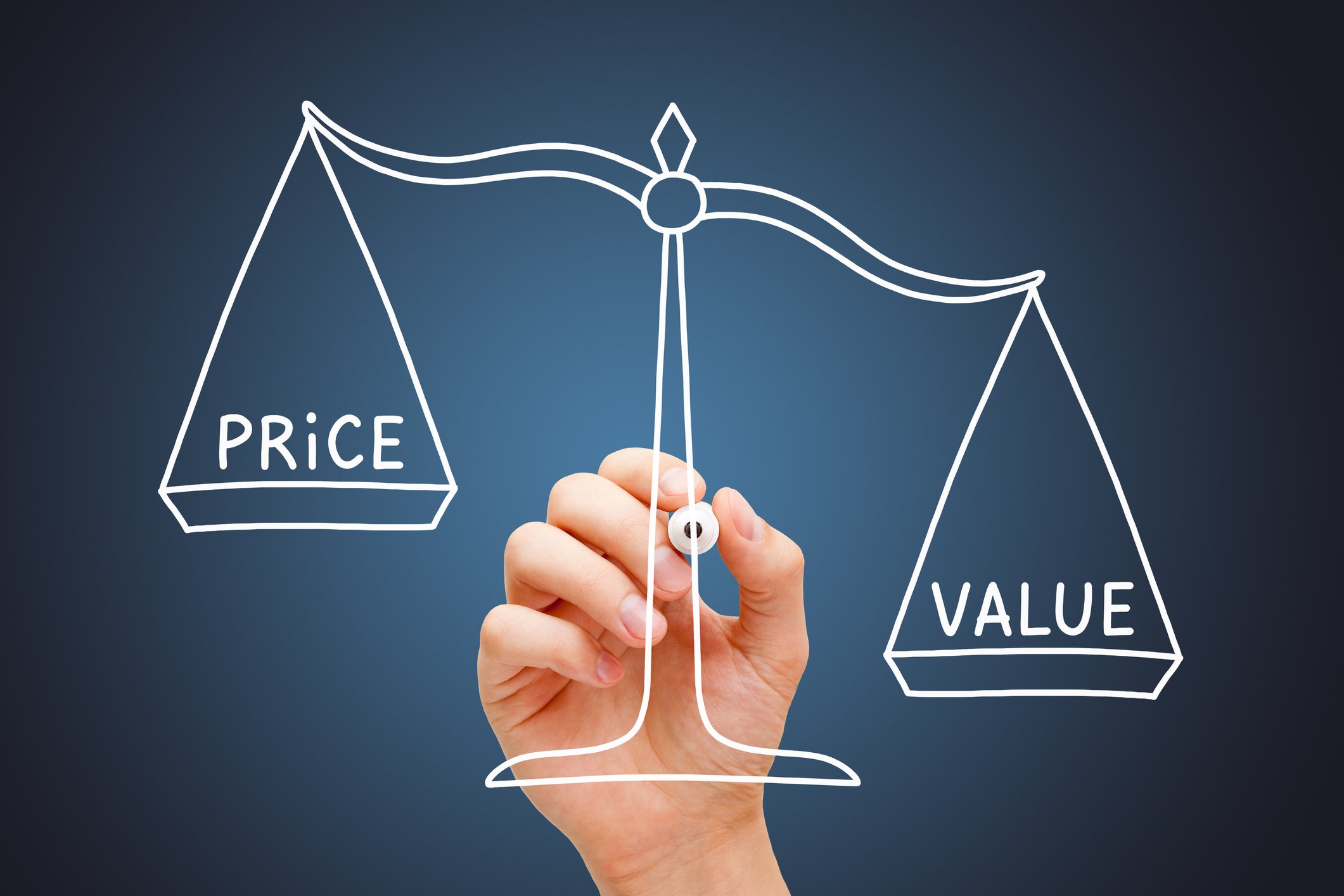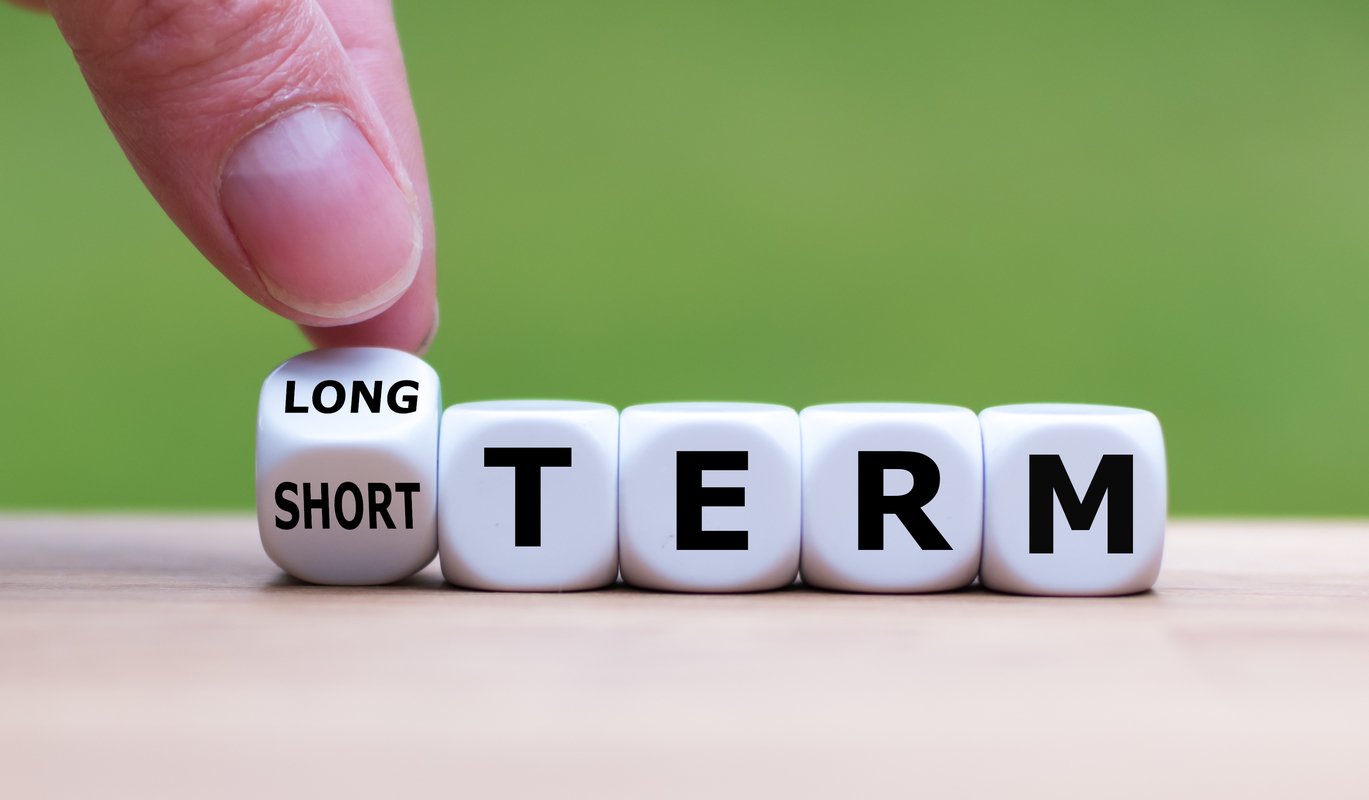In 2018, Bristol-Myers Squibb (BMY +0.93%) relied on just two products to drive growth, and the pharma giant's late-stage development pipeline looks like Old Mother Hubbard's cupboards. Investors know that Bristol-Myers needs to do something to continue pushing the needle forward, but a $74 billion offer for Celgene (CELG +0.00%) might not have been what they had in mind.
Celgene shareholders will receive a combination of cash and Bristol-Myers Squibb stock. Can the big pharma make this deal work, or should Celgene shareholders take Bristol's money and run?

Image source: Getty Images.
What Celgene shareholders get
Assuming the deal completes as intended, Celgene investors have a few reasons to stick around. For each share of Celgene, they'll receive one share of Bristol-Myers Squibb, $50 upfront, and another $9 if three drugs in late-stage development earn FDA approval in a timely manner.
Celgene shareholders who hang on will also begin receiving a quarterly dividend that offers a 3.6% yield at Bristol's recent stock price.
Bristol has two key growth drivers pulling a train of established brands uphill. During the first nine months of 2018, Opdivo sales grew 35% to $4.9 billion, and Eliquis sales grew 35% to $4.7 billion. Generic competition for established brands pulled Bristol's top line in the opposite direction, which limited total year-to-year sales growth to just 8% during the period.
Bristol-Myers expects to record adjusted earnings of at least $3.80 per share for all of 2018, and at least $4.10 per share in 2019, excluding any impact from the Celgene acquisition.
Celgene shareholders eager to fire Mark Alles over the ozanimod debacle of 2018 will also get their wish: Bristol-Myers CEO Giovanni Caforio will continue to serve as chairman of the board and chief executive officer of the combined company.
More reasons to hold on
To get investors on board, Bristol-Myers pointed at six experimental new drugs in late-stage development that have $15 billion in total -- not annual -- revenue potential. That figure seems entirely reasonable considering EvaluatePharma recently estimated their combined net present value at $25.2 billion, a figure that accounts for positive and negative cash flows, plus how long it could take to achieve them.
A lot of Celgene's top-line sales already flow to the bottom line. Over the past year, Celgene generated a whopping $4.2 billion in free cash flow, with just $15.2 billion in top-line sales, and the same operations are about to become a lot more profitable. Bristol-Myers Squibb already has around 22,000 employees who perform many of the same functions as counterparts at Celgene who racked up $3.2 billion in sales and administrative expenses over the past year.

Image source: Getty Images.
Reasons to take the money and run
Revlimid will begin facing limited generic competition in 2022 that will start slow before it really begins hammering sales of the multiple myeloma treatment in 2024. Investors tired of wondering if Celgene can offset the incoming losses can free themselves from Revlimid worries at an elevated price.
Rather than give Bristol's shareholders a chance to revolt against a very generous offer, Celgene shareholders could cash out now to lock down around $80 per share at recent prices. That's around 14% less than $50 cash plus a share of Bristol-Myers at recent prices, which doesn't factor in a potential $9-per-share bonus tied to three potential new drug approvals.
The three experimental drugs in question -- ozanimod, liso-cel, and bb2121 -- have produced impressive clinical trial data so far, but there's still a real chance that the FDA could find a problem that causes at least one of these programs to miss a deadline. Although the $9 bonus is far from certain, Bristol's offer is well worth waiting for.
Once the deal's completed, however, investors can trade their potential bonus for whatever the market's willing to pay, pocket $50 per share, and sell their Bristol-Myers stock as soon as they receive it.
Best to hang on
Bristol-Myers will need to inflate its share count around 43% to convert outstanding Celgene stock, but the company expects to execute a $5 billion accelerated share repurchase program to help offset the dilutive effects.
During the first three years post-closing, Bristol-Myers Squibb expects to generate a whopping $45 billion in free cash flow. With a dividend program in place to distribute those profits, it makes sense to hang on for the long run.
Check out the latest Bristol-Myers Squibb and Celgene earnings call transcripts.






